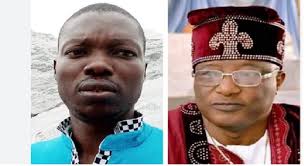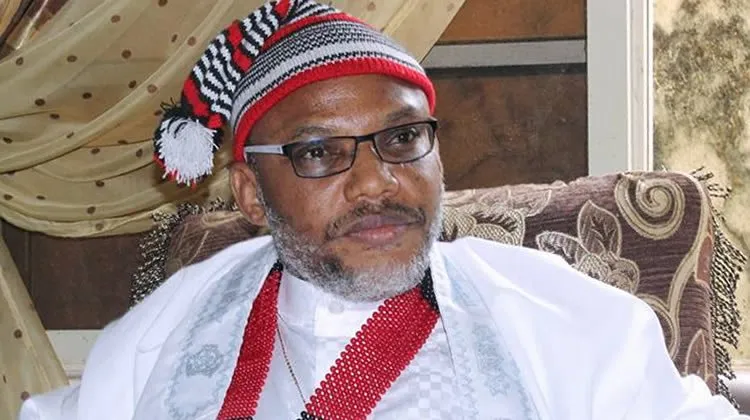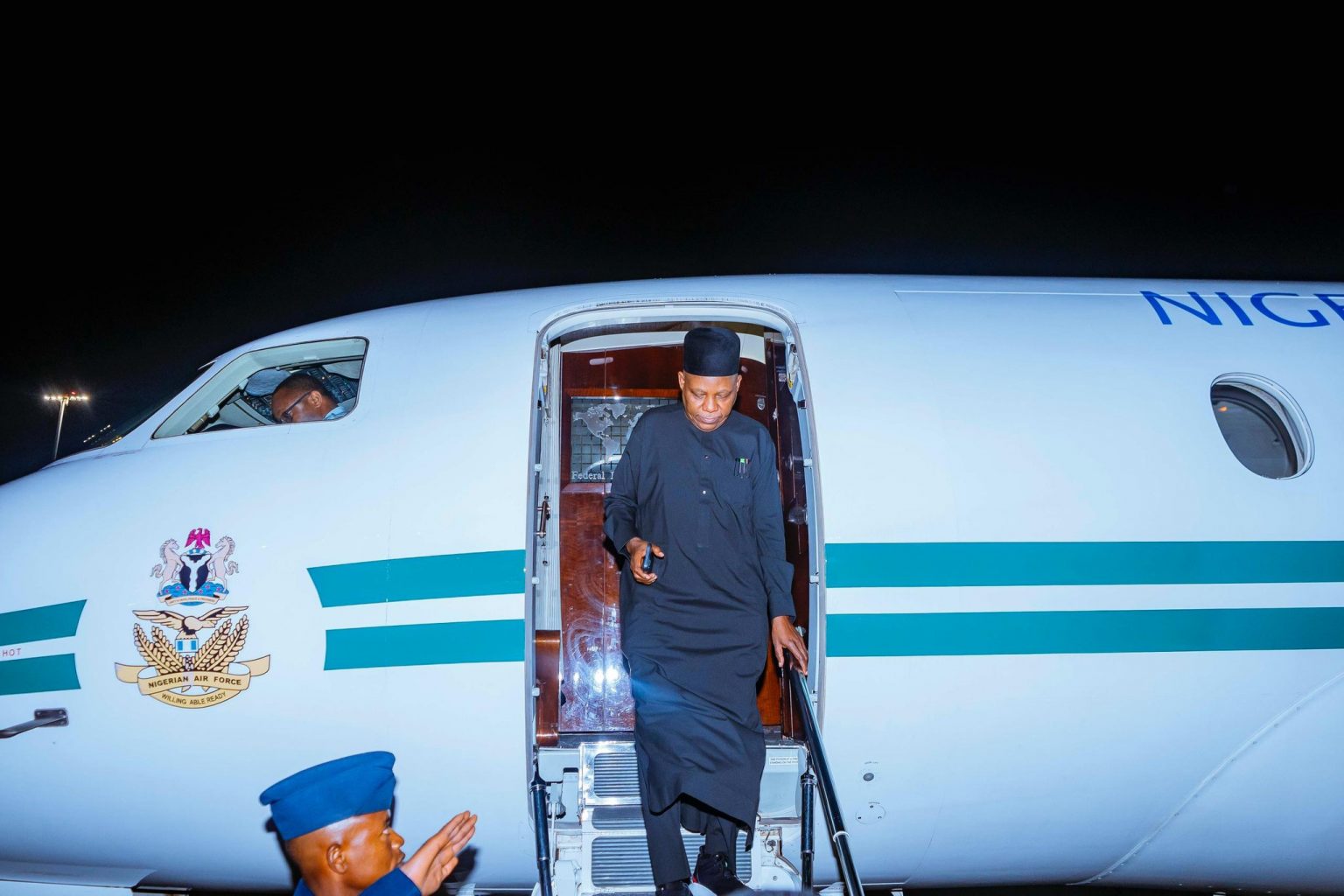Rumours That Former Labour Party Candidate Peter Obi May Consider Return to PDP
Recent developments suggest that Peter Obi, the former Labour Party presidential candidate, might be contemplating a return to the Peoples Democratic Party (PDP). This potential move has ignited fears within the political landscape, especially regarding its impact on the emerging opposition coalition that has gained momentum under the African Democratic Congress (ADC) platform.
Could Obi’s Return Threaten the Opposition?
Political analysts warn that Obi’s possible defection to the PDP could destabilise the coalition of opposition forces uniting against the ruling All Progressives Congress (APC). The coalition, built on the appeal of notable figures and shared goals, could be fractured if Obi rejoins the PDP, thereby weakening its collective challenge to the APC government.
What’s Fueling the Speculation?
The rumors gained substantial weight after former Borno State Governor Ali Modu Sheriff revealed that credible intelligence indicated Obi is considering a political comeback to the PDP to contest the party’s presidential ticket in 2027. Sheriff shared this insight on Channels TV’s Politics Today, saying, “Peter Obi wants to be President. Atiku has been Vice President, and for him, it’s President or nothing.”
Recall that Obi was the running mate to Atiku Abubakar under the PDP in 2019. He left the party in 2022 to vie for the presidency under the Labour Party’s banner, but now, signs point towards a potential return.
The PDP’s Outreach to Obi
Adding to the intrigue, PDP elder statesman Prof. Jerry Gana confirmed that the party has been actively reaching out to Obi and other former members who feel alienated. Though formal negotiations are yet to begin, Gana explained that conversations with Obi’s close associates have already started, hinting that the party is preparing for a strategic reintegration.
Furthermore, the PDP has already zoned its 2027 presidential ticket to the South, an arrangement widely seen as an invitation for Obi and other influential Southern politicians to consider their options.
Party Loyalty and Political Risks
While some see the move as a logical step for Obi, others in the opposition, including the ADC-led coalition, warn against such a gamble. Bolaji Abdullahi, ADC’s spokesperson, firmly stated that Obi cannot afford to “take the risk” of rejoining the PDP, emphasising Obi’s current stance within the ADC coalition.
Obi Denies Reports of Rejoining PDP
In a recent statement, Peter Obi disowned reports suggesting he had decided to rejoin the PDP. The statement, issued via his media office, clarified that Obi remains focused on his current coalition efforts and would not be swayed by unverified claims.
Despite attempts to seek clarity from the Obidient Movement’s National Coordinator, Yunusa Tanko, Obi’s position remains officially unconfirmed beyond his public statements about contesting in 2027.
Expert Opinions: The Unpredictability of Obi’s Moves
Nduka Odo, a respected public affairs analyst, expressed that Obi’s unpredictable political maneuvers are causing ripples not just within the coalition but across Nigeria’s political landscape. He cautioned Obi against returning to a PDP that, in his view, has been rendered « a carcass » due to internal struggles and leadership crises.
Odo also examined Obi’s strategic indecisiveness, highlighting how the only definitive stance Obi has taken is his intention to run in 2027, though which platform he will choose remains uncertain.
What’s Next for Obi and Nigeria?
As the political chess game unfolds, Nigerians are urged to stay vigilant and discerning. Obi’s next move could reshape the country’s electoral landscape significantly. Whether he stays with Labour, joins the PDP, or forges a new path, one thing is clear: Nigeria’s political arena is more unpredictable than ever.
The unfolding story of Peter Obi’s political future underscores the importance of strategic alliances, loyalty, and the complexities of Nigerian politics. As Obi navigates these turbulent waters, Nigerians and political observers alike will be watching closely—facing the challenge of choosing a leader who can truly transform the nation’s fortunes.



